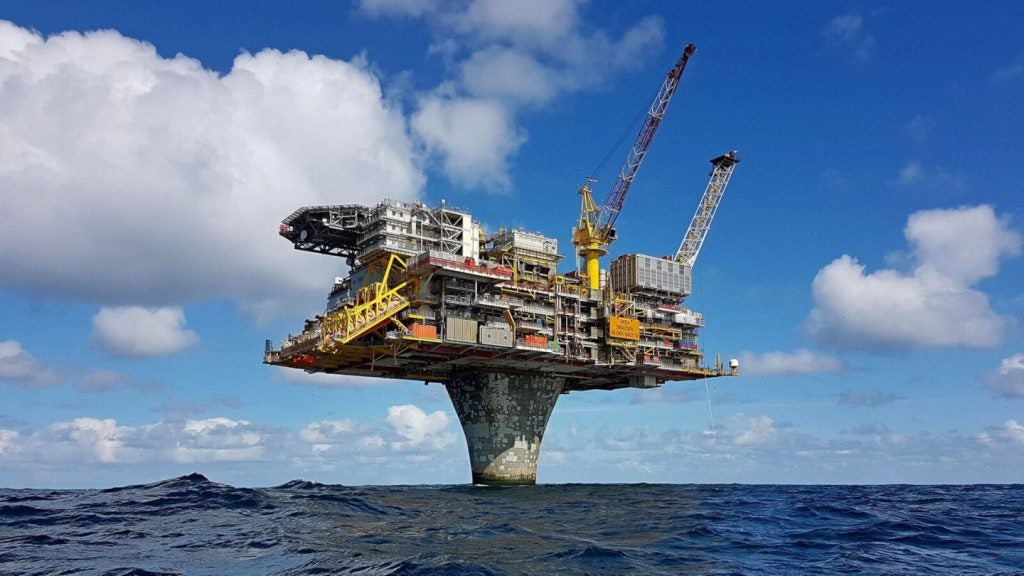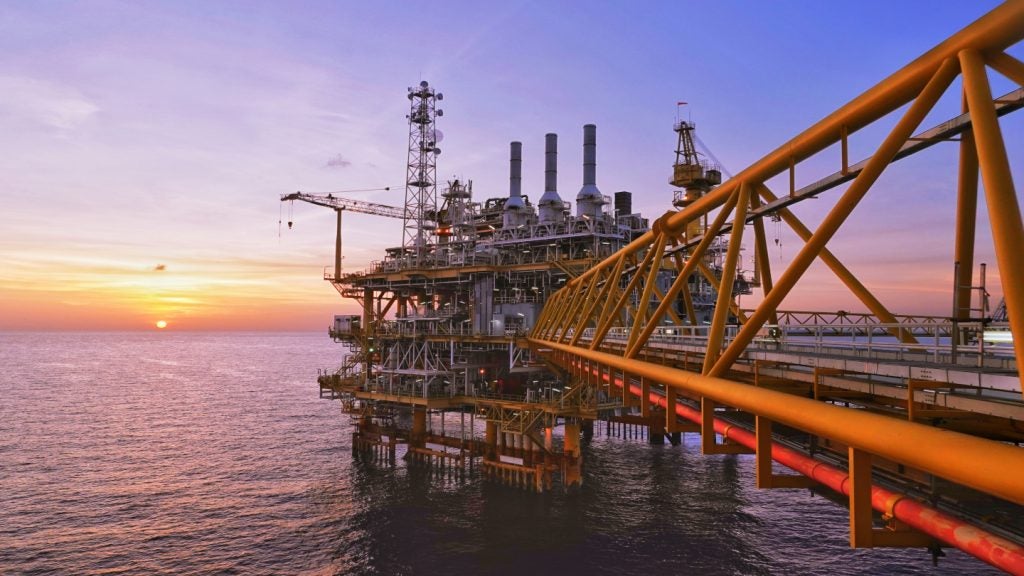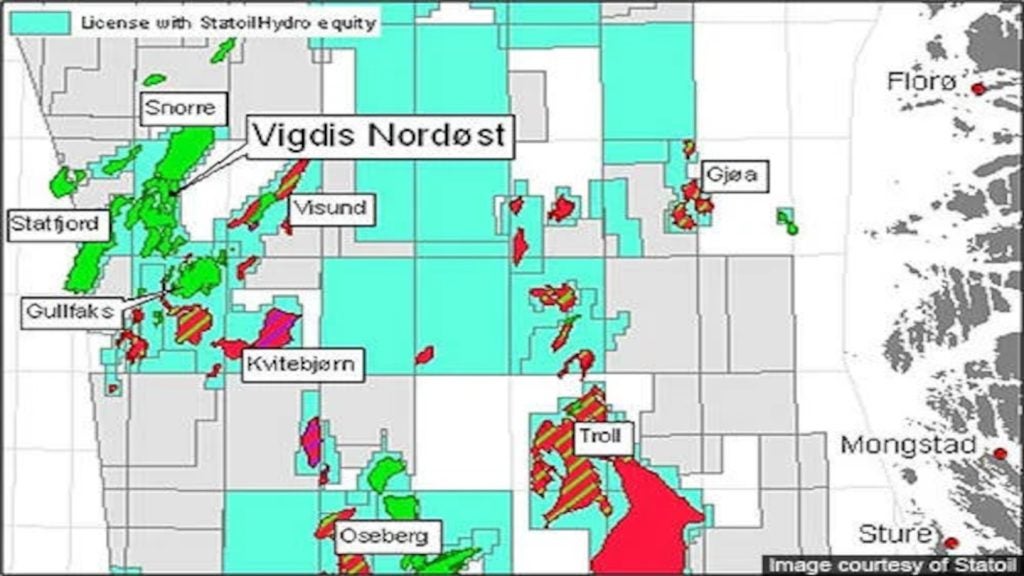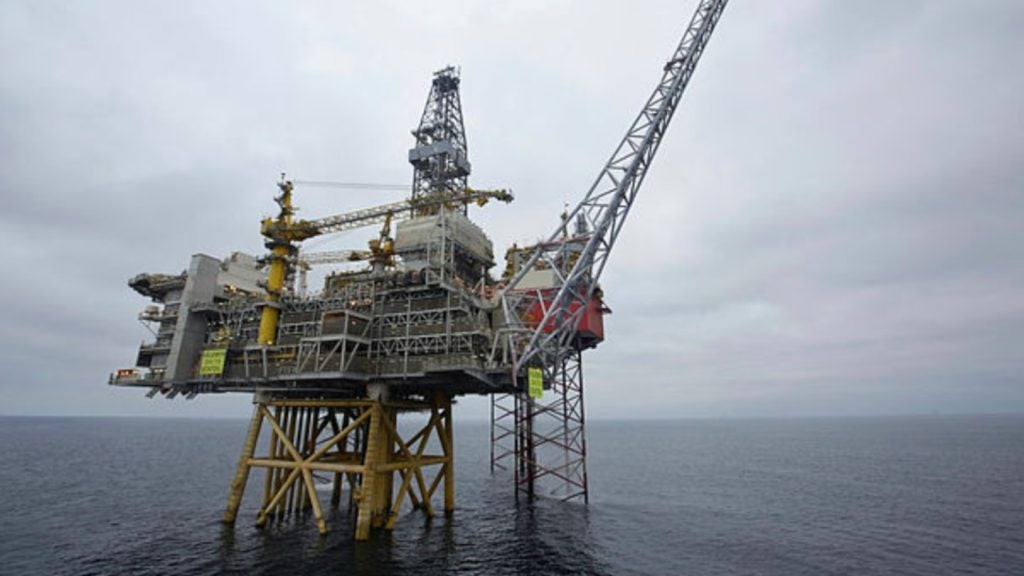
Mexico is scheduled to hold a general election on 2 June 2024, and the country’s energy industry, especially the oil and gas sector, is confronting significant issues related to increasing demand across all subcategories.
The nation — home to some 130 million people and almost 100 million registered voters — is expected to see significant changes in its oil and gas industries, particularly concerning the role of state-owned oil company Pemex and its energy transition towards sustainability, and adoption of climate-friendly policies.
Three candidates are vying to succeed the current (and outgoing) president, Andrés Manuel López Obrador (AMLO). Claudia Sheinbaum is the top contender for the Monera party while Xóchitl Gálvez is the National Action Party’s presidential candidate.
According to GlobalData’s upstream analyst, Paul Hasselbrinck, Scheinbaum is anticipated to win by a comfortable margin and maintain the pursuit of national control over oil and gas resources through Pemex.
However, her overall agenda might also lean towards being more environmentally friendly.
Hasselbrinck said: “Scheinbaum has not signalled much deviation from her predecessor’s energy policies, leaning strongly on the energy independence narrative used by the AMLO government.”
How well do you really know your competitors?
Access the most comprehensive Company Profiles on the market, powered by GlobalData. Save hours of research. Gain competitive edge.

Thank you!
Your download email will arrive shortly
Not ready to buy yet? Download a free sample
We are confident about the unique quality of our Company Profiles. However, we want you to make the most beneficial decision for your business, so we offer a free sample that you can download by submitting the below form
By GlobalDataHe added she has “shown more interest in increasing efforts regarding the energy transition, [and] this could affect [how] her government approaches investment in the power and oil and gas sectors”.
Hasselbrinck believes that by opening up the power sector to fund renewable energy projects, the country can make significant progress in achieving a quicker and more efficient energy transition.
Pemex’s financial problems, which are the main reason for its decreased investment and production levels, are currently significantly impacting public finances.
Pemex operates under a price-based royalty system and is subject to profit-sharing obligations, the hydrocarbon-activity tax, exploration rental fees, and a 30% income tax (ISR) rate, as outlined in GlobalData’s 2024 report, ‘Mexico Upstream Fiscal and Regulatory Guide’.
The overall fiscal burden primarily includes early and regressive taxation, including royalties, fees, and profit-sharing requirements. In cases where Pemex incurs a financial loss, the total government revenue is less than the fiscal take, as the government is responsible for covering Pemex’s losses, the report says.
Additionally, the AMLO government has modified the Hydrocarbons Revenue Law to address Pemex’s liquidity issues by increasing the cost deduction caps and consistently decreasing the profit-sharing duty.
The government has also reduced the profit-sharing duty from 65% in 2019 to 30% in 2024, and the most recent tax cut was ten percentage points, with the reduction expected to remain unchanged.
The GlobalData report argue that while reducing the profit-sharing duty will help Pemex with liquidity and meeting its obligations, this cut significantly affects the government’s revenue.
It is also unlikely that Pemex will receive further fiscal support due to the negative free cash flow and high debt jeopardising its financial stability.
“The million-dollar question remains whether [Scheinbaum’s] hint at a greener agenda will translate into a more open power sector and how much her government will be willing to do to address Pemex’s liquidity issues,” Hasselbrinck added.
However, Gálvez said in April that Pemex should prioritise its exploration division and consider pursuing new business prospects, such as geothermal energy. She suggests altering the economic framework to decrease reliance on hydrocarbons and investigate sustainable alternatives. She also advocates for shifting Pemex’s emphasis to renewable energy.
According to GlobalData’s recent report on Mexico’s Exploration & Production, Mexico’s total production stands at 2.5 million barrels of oil equivalent per day (mboepd), compared with a 1.9mboepd production last year. The country still exports approximately 60% of all production.
However, forecasts suggest Mexico must realise its planned and announced field reserves by 2030 to avoid jeopardising the energy independence promises outlined by the current Morena Party government.
Since 2004, the country has produced insufficient natural gas to meet growing internal demand due to increased usage for power generation.
Currently, oil accounts for just over 56% of Mexico’s energy consumption mix, according to the International Energy Agency, with natural gas at under 10%. In terms of production, oil accounts for almost 64% while natural gas accounts for 21%.








